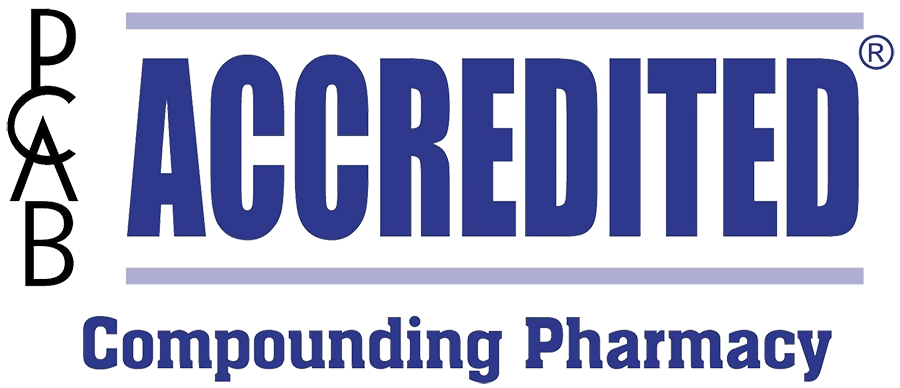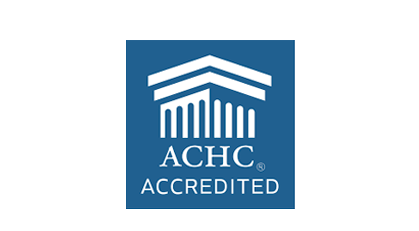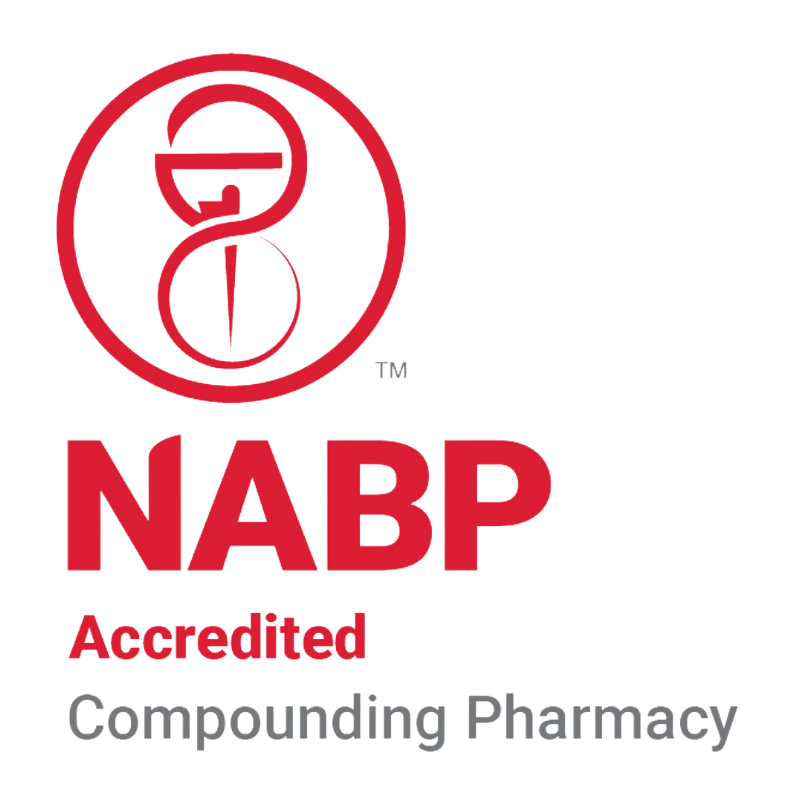Advancements in Topical NSAIDs for Pain
Recently, The American College of Physicians (ACP) and the American Academy of Family Physicians (AAFP) released a recommendation to use topical NSAIDs, with or without menthol gel, as first-line therapy for acute pain from non-low back musculoskeletal injuries. NSAIDs are non-steroidal anti-inflammatory drugs such as ibuprofen, ketoprofen, diclofenac, naproxen, and flurbiprofen. Acute musculoskeletal pain may include but not limited to nonsurgical fractures, soft tissue injuries, sprain, strains, whiplash, and contusions.
The guideline was published in the Annals of Internal Medicine.
“Evidence has shown that topical NSAIDs were among the most effective for pain reduction, physical function, treatment satisfaction, and symptom relief and were not associated with any significant harm.”
– Stated in a press release from the ACP on August 17, 2020.
Some example formulas at Town & Country Compounding:
Inflammatory Pain
- Diclofenac Sodium 10% Topical
- Ketoprofen 10% Topical
*can add 0.5% Menthol to the formulas
Inflammatory + Muscular Pain
- Diclofenac Sodium 10%/Lidocaine 10%/Cyclobenzaprine HCI 2% Topical
- Ketamine HCl 4%/Ketoprofen 10%/Lidocaine 2% Topical
- Ketoprofen 10%/Cyclobenzaprine HCl 2% Topical
Musculoskeletal injuries, including ankle, neck, and knee injuries, are common and, according to the article, lead to over 65 million visits to U.S. health care providers in 2010.
“The evidence shows that there are quality treatments available for pain caused by acute musculoskeletal injuries that do not include the use of opioids,” said Jacqueline W. Fincher, MD, president, ACP (2020). “There are a number of recommended interventions that are not opioids to choose from, and topical NSAIDs should be the first line of treatment.”
The guideline recommends a few oral treatment options, including oral NSAIDs to reduce or relieve symptoms including pain or acetaminophen to reduce pain with options of acupressure and transcutaneous electrical nerve stimulation (TENS).
Why use topical NSAIDs?
Besides being easy and convenient, you also have the option of customizing with other things if needed. Muscle relaxers, anesthetics (lidocaine) and drugs for nerve pain can be added if necessary.
Risks and Possible Complications with Long-term Use of Oral NSAIDs:
Ulcers
Oral NSAID use presents the risk of a number of potential side effects, particularly with chronic use. Nausea is common but the risk of potentially severe side effects in the gastrointestinal (GI) tract such as GI bleeding, perforation, and intestinal toxicity is more worrisome. Long-term exposure to oral NSAIDs has been associated with ulcer rates of 10 to 30%. An estimated 100,000 patients are hospitalized annually in the US as a result of NSAID-related GI complications.
Risks to the Heart and Kidneys
Perneger, et al. reported that the heavy use of oral NSAIDs leads to 4-fold greater risk of end-stage renal disease. In addition, NSAID exposure has been associated with higher risks of cardiovascular complications, such as myocardial infarction, heart failure, and hypertension.
Possible Effects on Cartilage Degeneration
Chronic NSAID use has also been linked to increased cartilage degeneration resulting in the need for joint replacements to occur more frequently or more quickly. Like many other side effects, these events have been connected to the duration of NSAID exposure.
Source: Journal of General Practice






